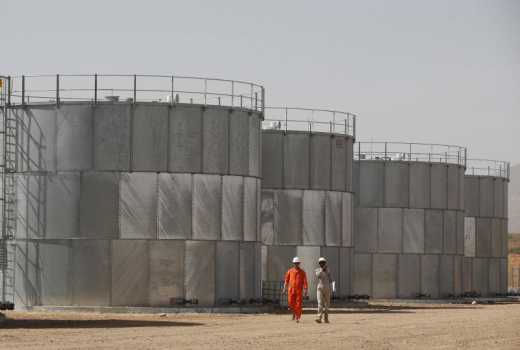×
The Standard e-Paper
Join Thousands Daily

Close to a year after the Government was to start shipping crude oil from the fields of Turkana on a test basis, the Early Oil Pilot Scheme (EOPS) is still in limbo.
The project, that was to start in June 2017, appears to face the same challenges that it did when the Ministry of Energy and Petroleum pulled the plug on the plan (the petroleum function has since been moved and merged with mining).